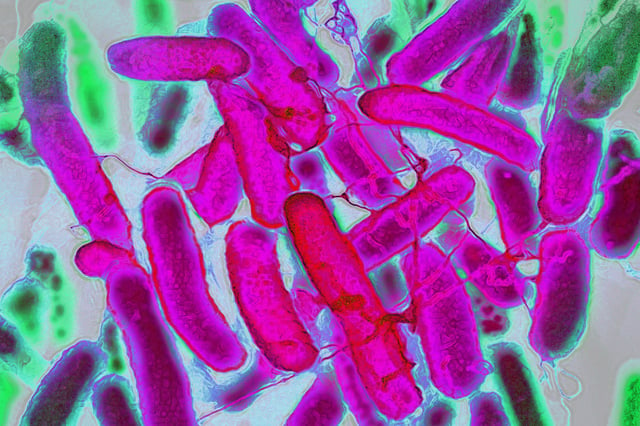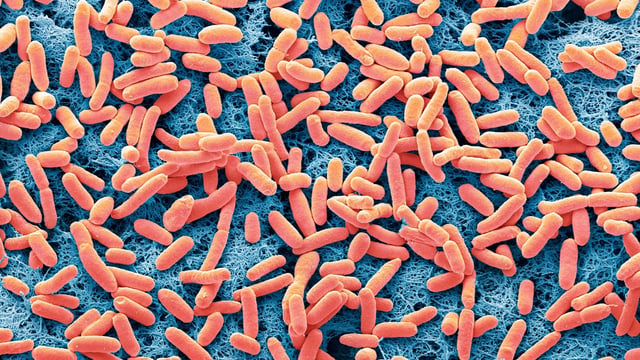Overview
- The study, published in Nature, analyzed 981 colorectal cancer genomes across 11 countries and found colibactin-related mutations 3.3 times more common in early-onset cases than in those diagnosed after age 70.
- Colibactin-related mutations account for approximately 15% of APC driver mutations, some of the earliest genetic changes that promote cancer development.
- Researchers suggest exposure to colibactin during early childhood, particularly before age 10, may accelerate the timeline for developing colorectal cancer by decades.
- The findings highlight the need for stool-based screening tests to detect colibactin-related mutations and explore preventive measures such as probiotics or dietary interventions.
- Colorectal cancer rates in adults under 50 have doubled globally over the past two decades, with projections indicating it could become the leading cause of cancer-related death in this age group by 2030.


